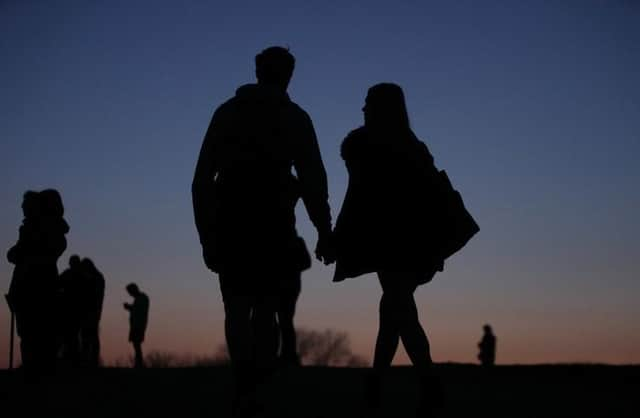CHILDLINE ADVICE: How parents can help support children struggling with gender identity


Being non-binary means that you don’t identify as either male or female.
Sometimes people might feel both male and female, or like they’re neither.
Advertisement
Hide AdAdvertisement
Hide AdGender is different to sex, which is decided by the person’s reproductive organs.
For many young people, feeling unsure about gender for a while is part of growing up.
But for trans or non-binary people, the feelings continue.
Childline carried out 6,014 counselling sessions with children and young people about issues relating to gender and sexuality in between July 2018 and July 2019 - on average 16 every single day.
Many children talk about how they feel like they’re in the ‘wrong body’ and how they want to change themselves to better match the gender they identify with: “Recently I’ve been really struggling with dysphoria... I’m beginning to feel anxious about being in public and my self-image is getting a lot worse.
Advertisement
Hide AdAdvertisement
Hide Ad"I cried when I saw my body when in the shower. It’s not me.”
As a parent, situations like this can be very emotional and difficult. However, there are ways that we can work with our children to support them through this, starting by talking to them.
Try asking gentle questions to start the conversation so that they don’t feel pressurised, and let them know that you aren’t judging or blaming them in any way.
It’s useful to help them explore their gender. They might want to change their clothing, name, or their pronouns to be referred to as ‘she’, ‘he’, ‘they’ etc.
Advertisement
Hide AdAdvertisement
Hide AdTry to remember what they are; if you’re ever not sure then it’s okay to ask.
You can also help them find support groups and medical professionals who they can talk to, or give them resources like Childline’s advice on gender identity and sexual orientation.
Children can contact Childline counsellors for support on 0800 1111 or at Childline.org.uk for free, 1-2-1 counselling sessions.